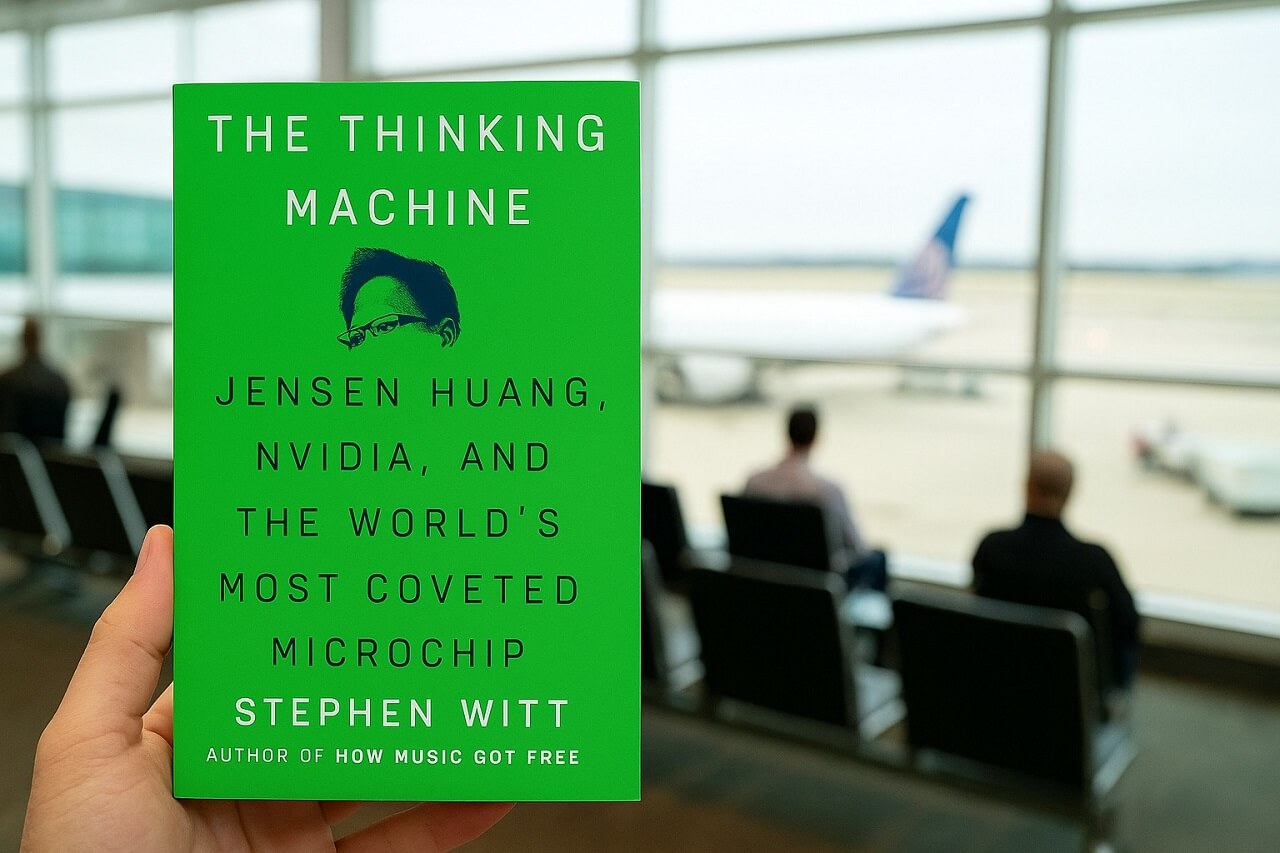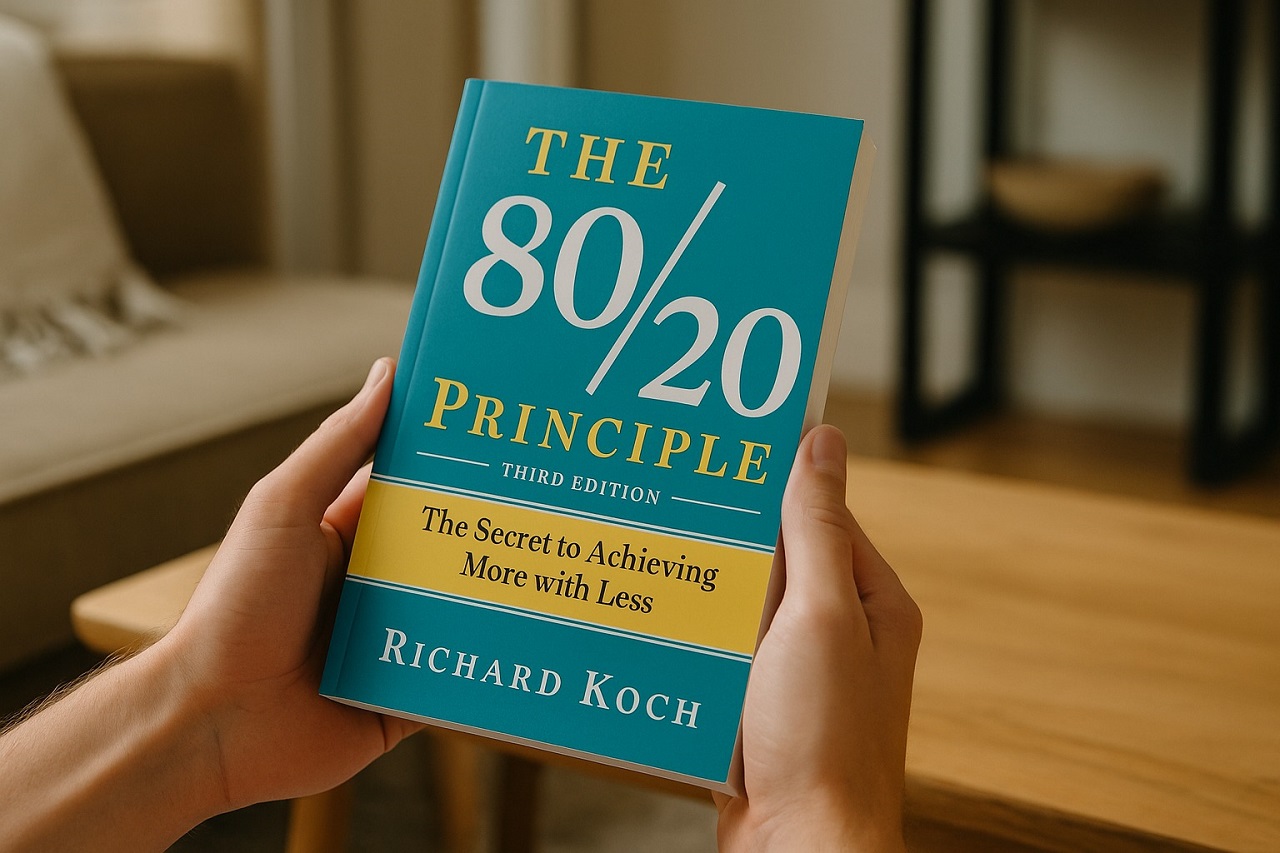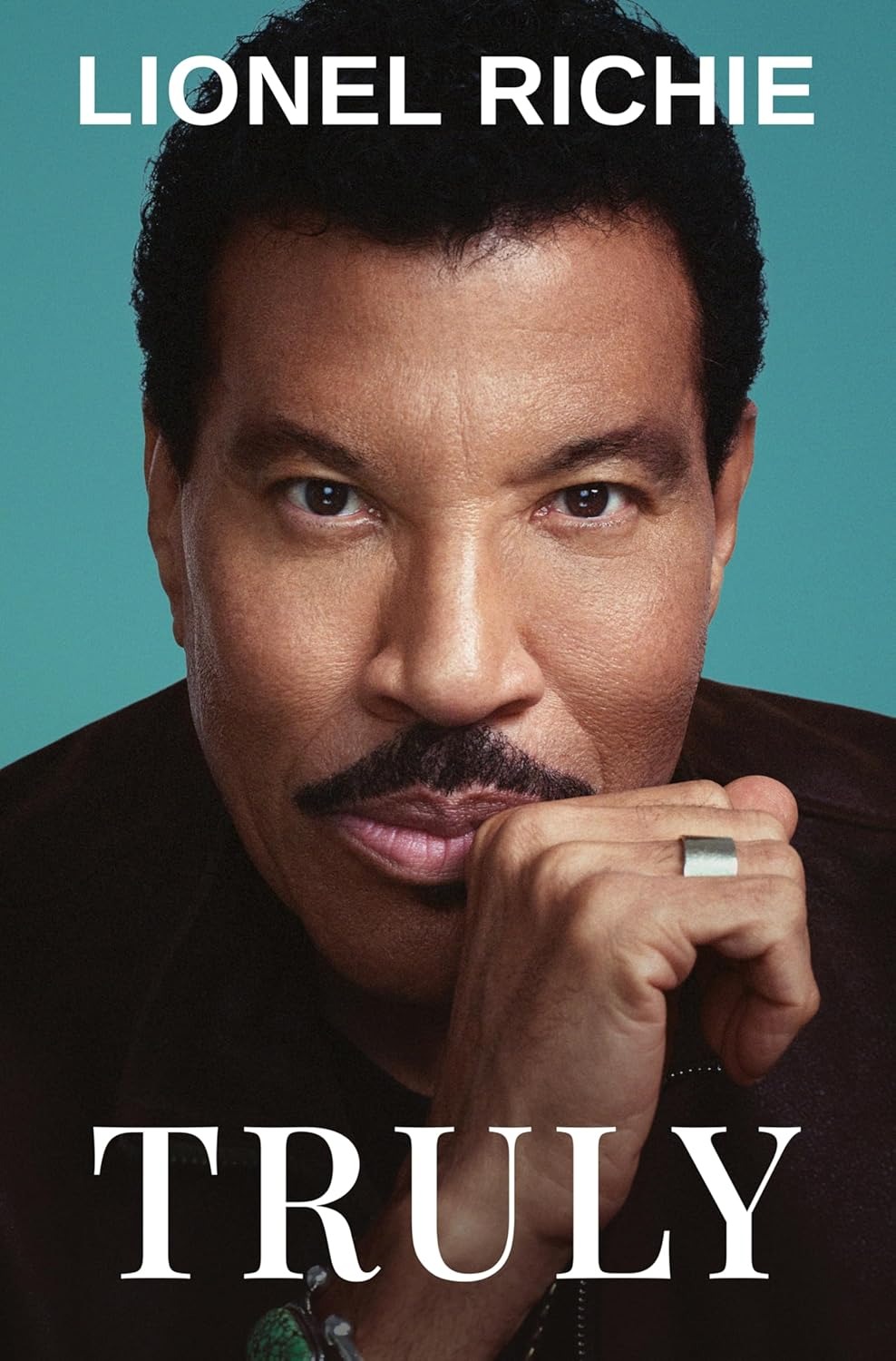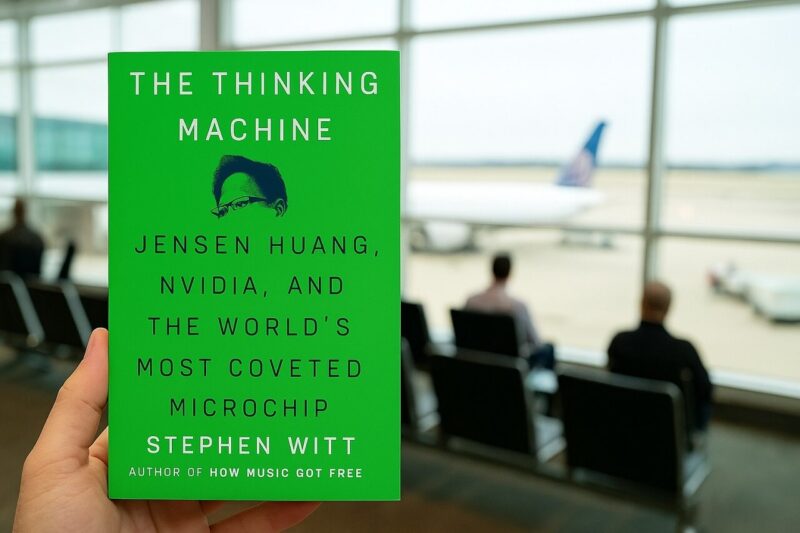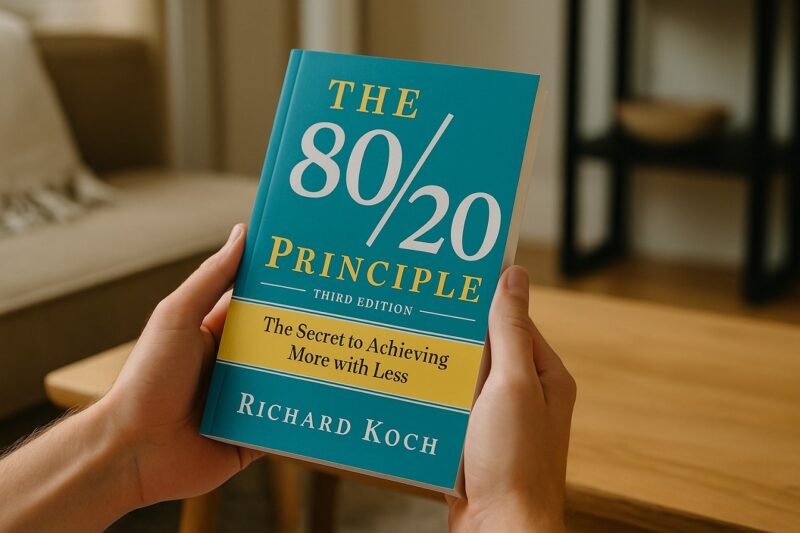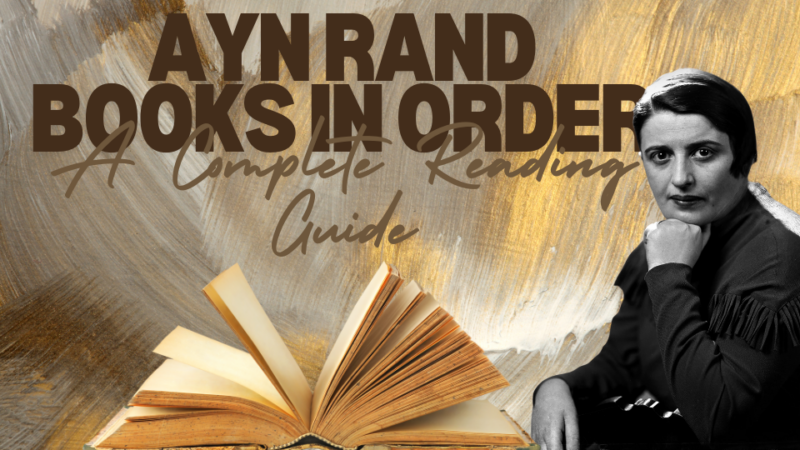
Share Post:
Ayn Rand’s works are some of the most talked about, debated, and polarizing in modern literature. From her fiction to her philosophy of Objectivism, her ideas have influenced many. When you’re just getting started with her books, though, it can be a bit intimidating to know where to begin. But don’t worry, I’ve got you covered.
Here’s a reading guide, with the books in the order they were published, so you can dive into Ayn Rand’s world one novel at a time.
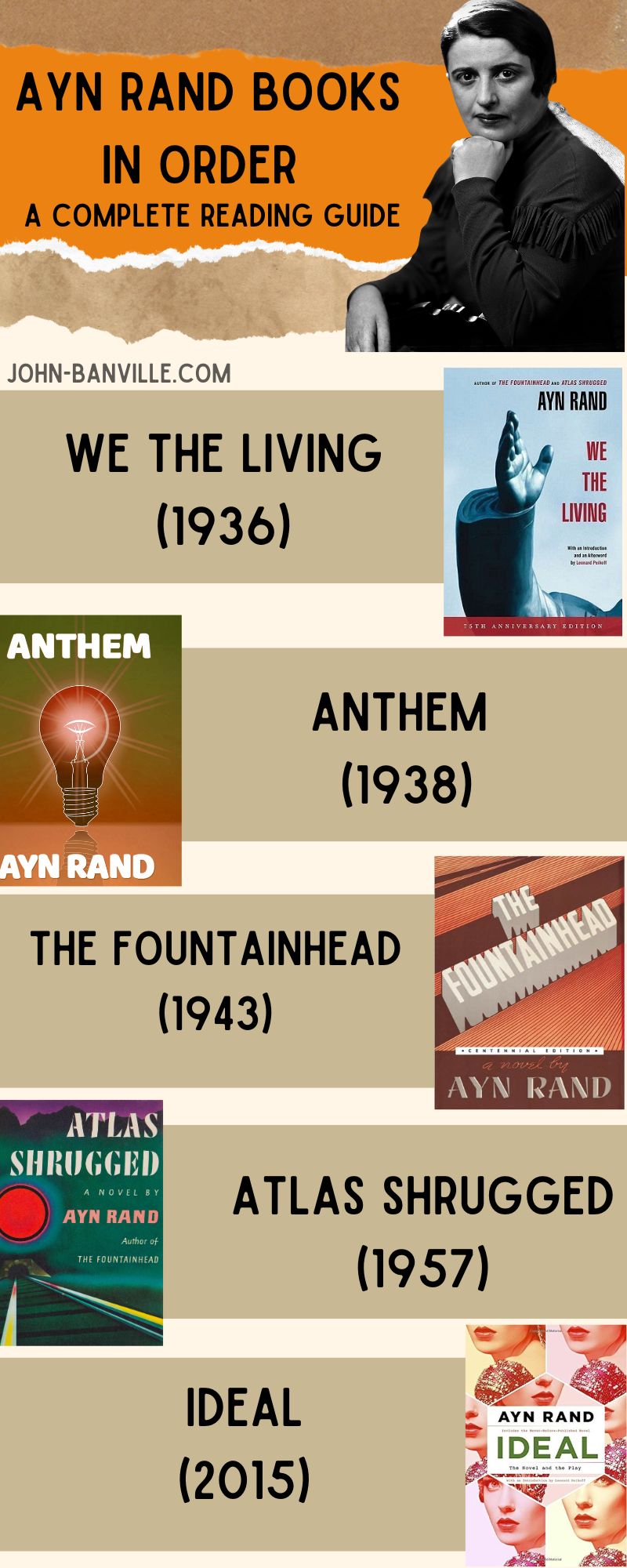
Table of Contents
Toggle1. We the Living (1936)
“We the Living” is Rand’s first novel, and it’s one of her most personal works. Set in post-revolutionary Russia, the story follows Kira Argounova, a young woman who is trying to build a life for herself in a Soviet state that is crumbling.
“It’s a curse, you know, to be able to look higher than you’re allowed to reach.” ― Ayn Rand, We the Living
As you read it, you’ll witness Kira’s struggle against a government that tries to crush individual freedom and human spirit. Her romance with two men—Leo and Andrei—provides a complex love triangle that reflects the broader ideological battle between collectivism and individualism.
Why you should read it
This novel gives you a deep insight into Rand’s early thinking about the evils of collectivism and the importance of personal freedom. Kira’s story is not just a fight for survival, but also a powerful reminder of what happens when the state controls every aspect of life.
2. Anthem (1938)
“Anthem” is a short novella, but don’t let its length fool you—it’s packed with powerful ideas. In a dystopian future, individualism is outlawed, and everyone lives in a collective society where the word “I” has been erased from language. The protagonist, Equality 7-2521, begins to question the oppressive system he was born into.
“My happiness is not the means to any end. It is the end. It is its own goal. It is its own purpose.”― Ayn Rand, Anthem
3. The Fountainhead (1943)
“She knew that even pain can be confessed, but to confess happiness is to stand naked, delivered to the witness…”― Ayn Rand, The Fountainhead
The novel also explores Roark’s relationships—most notably with the strong-willed Dominique Francon—and his intellectual battles with rivals like Peter Keating and Ellsworth Toohey. Roark is Rand’s ideal man, and his journey can inspire you to think about what it means to stand by your principles, even when everyone else seems to oppose you.
4. Atlas Shrugged (1957)
“Atlas Shrugged” is Ayn Rand’s magnum opus, a massive, sprawling novel that touches on everything from economics to personal ethics. The plot revolves around Dagny Taggart, a railroad executive, and a group of innovators and thinkers who are slowly disappearing from society.
The novel combines an intense romantic thriller with deep philosophical debates on the role of government, the power of the individual, and the morality of selfishness. If you only read one Ayn Rand book, many argue it should be “Atlas Shrugged.”
“If you don’t know, the thing to do is not to get scared, but to learn.”― Ayn Rand, Atlas Shrugged
It’s a book that doesn’t just entertain but challenges you to think about the world around you in entirely new ways. Rand’s philosophy is laid bare here, and it’s one of those novels that sticks with you long after you’ve turned the last page.
5. Ideal (2015)
As she seeks refuge from fans, Kay interacts with six people, all of whom claim to admire her, yet their responses to her plight reveal their own moral compromises and weaknesses. There’s also a fascinating theme of how ideals clash with reality.
“The issue now is men’s lack of integrity, their failure to act according to the ideals they espouse.”― Ayn Rand, Ideal
Even though it wasn’t published during Rand’s lifetime, “Ideal” gives readers a unique glimpse into her evolving thought processes. It’s a reflection on what happens when individuals fall short of their ideals and the impact that has on their lives.
If you want something even more tense, check out Freida McFadden Books in Chronological Order.
The Best Order to Read Ayn Rand’s Books
Based on my personal experience, I recommend to read these novels in the following order:
- Start with “Anthem” – It’s short, accessible, and offers a good introduction to her ideas.
- Then, move to “We the Living” – It’s more personal and emotionally engaging, giving insight into her disdain for collectivism.
- Next, tackle “The Fountainhead” – It’s Rand’s statement on creativity and individualism, and the character of Howard Roark will stay with you.
- “Atlas Shrugged” comes next – It’s her most comprehensive work, both in terms of length and philosophical depth.
- Finish with “Ideal” – It’s different from her other works but provides an interesting counterpoint to her larger novels.
By reading her books in this order, you’ll gradually immerse yourself in Rand’s world, each novel building on the last and expanding your engagement with her philosophy.
In Summary
We can all agree that Ayn Rand’s novels are about challenging the way we think about ourselves, society, and the world around us. Each novel has its unique place in her body of work, making it important to approach them thoughtfully. So, go ahead, pick up one of her novels, and explore the powerful ideas she presents.
Related Posts:




